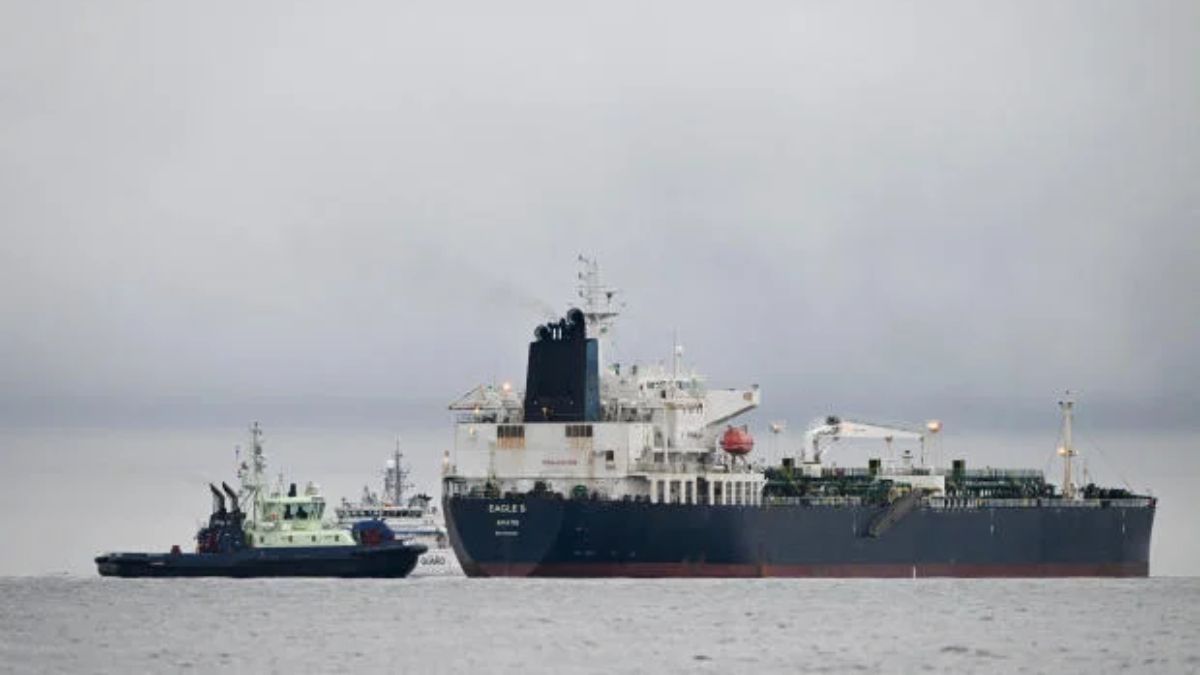The US stirred yet another controversy after it vetoed a Canadian proposal to establish a task force which would tackle Russia’s so-called “ shadow fleet ” of oil tankers that are creating chaos in the Baltic and elsewhere . Canada, which currently holds the presidency of the Group of Seven (G7), pushed the proposal ahead of the group’s foreign ministers’ meeting in Quebec.
During the negotiation to agree on a joint statement in this regard, the US pushed to strengthen the language about China while watering down the wording used against Russia in the document, Bloomberg reported. The Russian shadow fleet comprises ageing oil tankers, the identities of which are hidden to help avoid Western economic sanctions .
The American delegation went on to veto Canada’s proposal to establish a task force to monitor sanctions breaches. The G7 draft obtained by Bloomberg showed that the US lobbied to remove the word “sanctions” as well as wording citing Russia’s “ability to maintain its war” in Ukraine. They proposed to replace it with “earn revenue”.
Why is the US being kind to Russia?
It is pertinent to note that G7 communiqués are not final statements until they are published through consensus by member states. Hence, there is still room for further negotiations, which could result in changes to the end-of-summit statement.
According to Bloomberg, the US delegation told their G7 counterparts that they are rejecting the proposal because of Washington’s “ re-evaluation of its position in multilateral organisations, rendering it unable to join any new initiatives”.
Meanwhile, European nations are discussing plans to carry out seizures of Moscow’s oil-exporting tankers in the Baltic Sea. The proposals, which are expected to be pushed soon, would include using international law to allow them to take control of vessels on environmental or piracy grounds. It is unclear whether the United States would support the proposal or if it will face the same fate the Canadian one did.
With inputs from agencies.


)

)
)
)
)
)
)
)
)



